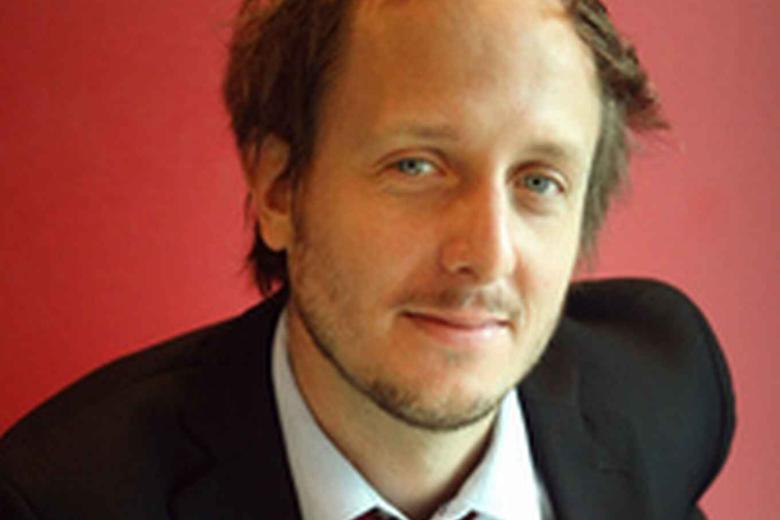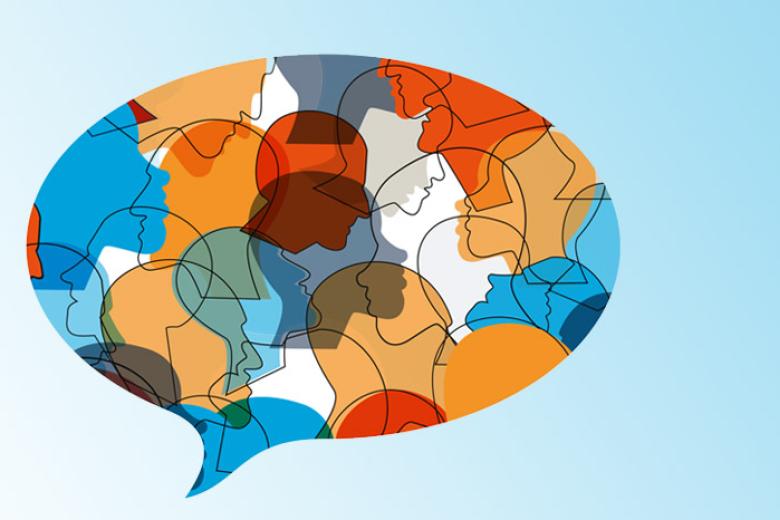EDLunch: So, PBL survives GPT?
“What comes to mind when you think of ChatGPT in relation to (your) education?” asked Walter Jansen as he opened the EDLunch session at EDLAB last Monday.
ChatGPT is here to stay, but PBL can handle it
The curious and eager audience of staff and students seemed well acquainted with the new AI language model chatbox and its capabilities. Their answers appeared in a digital word cloud with words like “challenge, risk, fraud and crisis”, but also “interesting, exciting, and let’s play with this.” A majority agreed that ChatGPT is here to stay.
Evolution or Revolution?
Walter pointed out that education has survived and developed alongside AI tools such as WolframAlpha (math exercises), GoogleMaps (topography), AIVA (composition), Stockfish (chess), Deepl (translation). “Is ChatGPT an evolution or a revolution?” he asked the audience. One teacher said this period reminded them of the introduction of the calculator. It raises the critical question, “Do you test other outcomes or remove the tool completely?”
Like people, ChatGPT is not without its flaws. It is helpful to consider this when devising methods to integrate AI into education. For instance, a lecturer may ask students to improve or analyse content produced by the chatbox. Maastricht University is developing rules and regulations regarding its use, but ultimately, the feeling in the room was that trust in the system and in students is key.
What makes us human?
Finally, Walter shared that he had quizzed the robot on a fairly existential question: “What makes us uniquely human?” The answer to this question will help us to determine how we can best move forward with the technology. Among other features, ChatGPT replied: “social interaction, cultural context and self-directed learning”. Don’t these sound like the guiding principles of UM’s PBL teaching philosophy? How eery that ChatGPT recognises these as defining differences between itself and us!
By Munshya Mupela, Student Assistant at EDLAB
Also read
-
Globalisation & Law Network seminar with Rodrigo Vallejo Garretón
On 4 July 2025, the Globalisation & Law Network had the pleasure of welcoming Dr Rodrigo Vallejo Garretón, Assistant Professor in Private Law at the University of Amsterdam.

-
Language policy in European higher education
The increased Englishization of higher education is under discussion in several European countries. What does a balanced language policy look like that does justice to both the increasingly international character of higher education and a country's language-related cultural identity? At an...

-
A pinch of LSD, taken twice daily with meals
Fast forward to 2040: if you have ADHD or another psychological disorder, the doctor may no longer prescribe Ritalin or antidepressants, but instead a low dose of magic mushrooms, truffles or LSD. Associate professor Kim Kuypers is studying the use of psychedelics as potential medicines of the...
